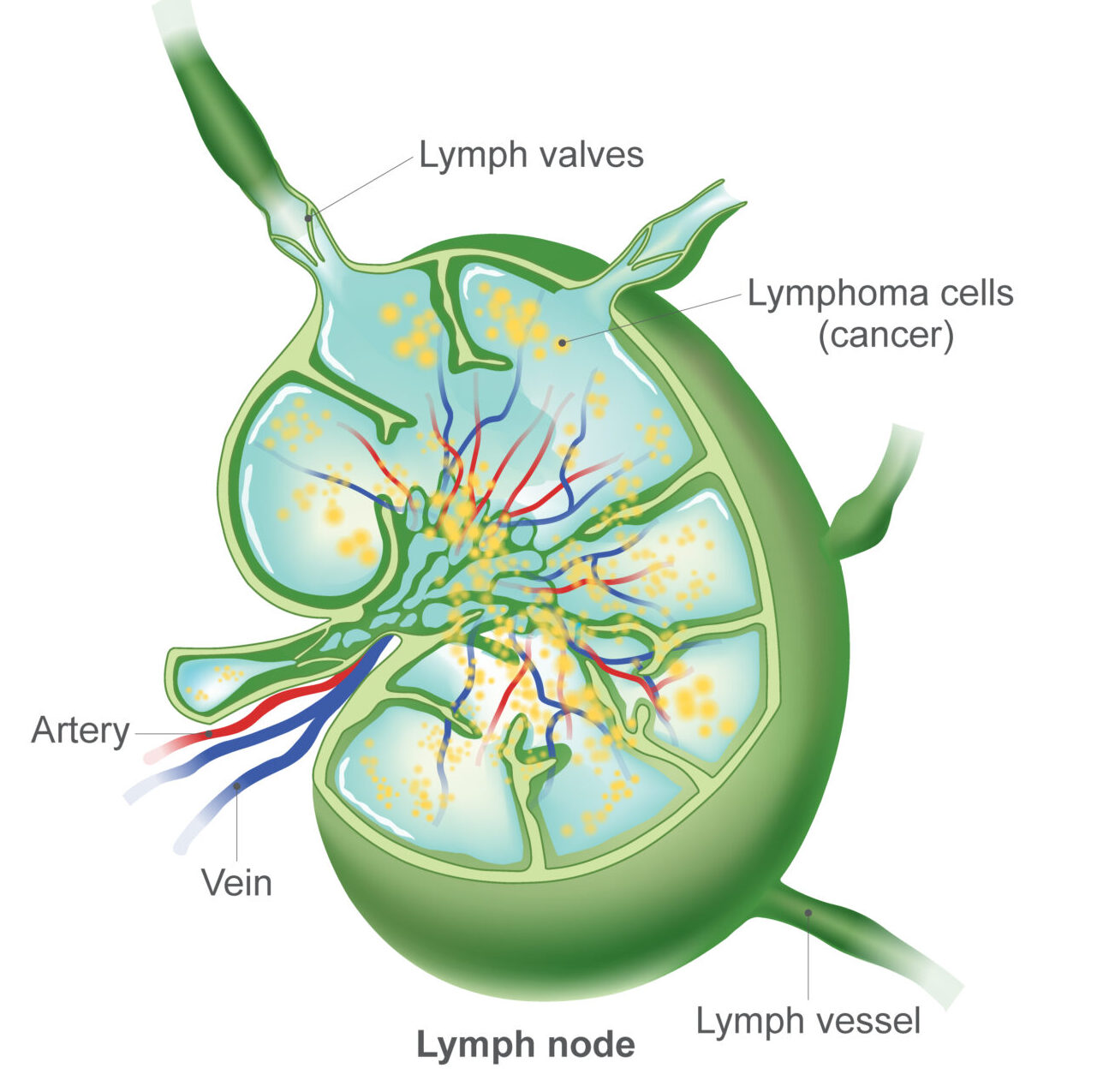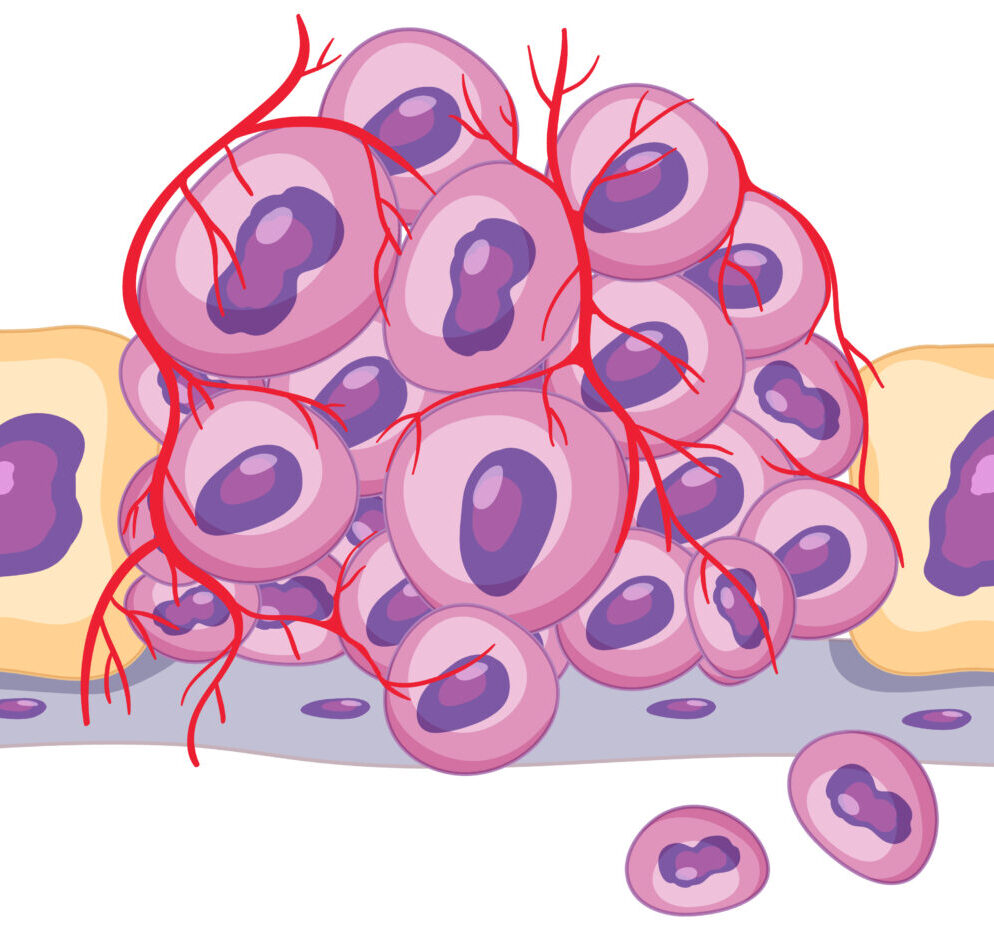Dr. Shruti Arora, a leading cancer specialist in Bandra West, Mumbai, explains the risk. This blog post dives into the question of “is blood cancer hereditary from parents?” We’ll explore the risk factors and shed light on this topic.
Blood cancer is a group of cancers that originate in the blood-forming cells of the body, including the bone marrow and lymphatic system. These tissues normally produce healthy blood cells, but in blood cancer, abnormal cells grow uncontrollably and crowd out healthy ones. This can lead to a variety of symptoms, including fatigue, infection, and bleeding problems.
There are three main types of blood cancer, each with multiple subtypes:

Leukemia is a cancer of the blood, characterized by the rapid growth of abnormal blood cells. This uncontrolled growth takes place in your bone marrow, where most of your body’s blood is made. There are many types of leukemia. Some are more common in children, while others are more common in adults. Treatment depends on the type of leukemia and other factors.

“Lymphoma” is the general term for cancer in your lymphatic system — the network of tissues, vessels and organs that help your body fight infection. It’s considered a blood cancer because the condition starts in white blood cells (lymphocytes) in your lymphatic system.

Multiple myeloma is a rare blood cancer that affects your plasma cells. Plasma cells are white blood cells and part of your immune system. Plasma cells (sometimes called B-cells) make antibodies. These antibodies, called immunoglobulins, help fight infection.
Multiple myeloma happens when healthy cells turn into abnormal cells that multiply and produce abnormal antibodies called M proteins.
A blood cancer diagnosis can be concerning, raising questions about family history.
The good news is that the most blood cancers (leukemia, lymphoma, myeloma) don’t directly pass from parents to children. These often arise from acquired genetic mutations influenced by age and environmental factors.
However, having a close relative with blood cancer can slightly elevate your risk. This might be due to:
Shared Genetic Predisposition: Inherited gene variations, though not causing cancer themselves, may make individuals more susceptible under certain circumstances.
Environmental Factors: Shared family environments might expose individuals to similar risk factors like chemicals or radiation.
While uncommon, specific blood cancers show a stronger hereditary association:
These rare genetic conditions significantly increase the risk of developing certain leukemias. Genetic testing can help identify individuals with these syndromes.
Certain subtypes of lymphoma, like mantle cell lymphoma, may have a stronger hereditary component.

If you have a strong family history of blood cancer, particularly specific types, Dr. Shruti Arora can discuss genetic testing. This can help assess your individual risk and guide future monitoring strategies.
Regardless of family history, maintaining a healthy lifestyle and being aware of potential symptoms is crucial. Early detection of blood cancer significantly improves treatment outcomes. Be mindful of:
While not a substitute for consulting a qualified healthcare professional, here’s a general overview of treatment approaches for blood cancers:
The specific treatment plan depends on the type of blood cancer, its stage, and your overall health.
A blood cancer diagnosis can be overwhelming. Here are some resources that can help:
Dr.Shruti provided exceptional care, expertise, and compassion throughout my treatment, leading to a successful outcome. Her dedication and professionalism made a significant difference in my... ...Read More
I met Dr. Shruti 3 years back at Nanavati hospital when she was assisting Dr. Muzamil Shaik. My mother is being treated at Nanavati under... ...Read More
Former Academic Advisor to Governor of Jharkhand Dr Shruti Arora, is practicing oncologist with a degree in DM Medical Oncology working at Nanavati Max Hospital, ... ...Read More
My personal experience with Dr Shruti ma'am and her team is excellent and our family is extremely grateful to her. A very humble and down ... ...Read More